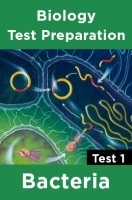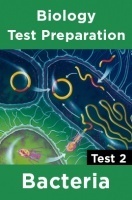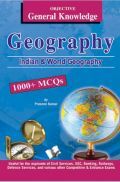Biology is the study of life. Alongside physics and chemistry, biology is one of the largest and most important branches of science. At the highest level, biology is broken down based on the type of organism being studied: zoology, the study of animals; botany, of plants; and microbiology, of microorganisms. Each field has contributed to mankind or the Earth's wellbeing in numerous ways. Most prominently: botany, to agriculture; zoology, to livestock and protection of ecologies; and microbiology, to the study of disease and ecosystems in general.
Besides classifications based on the category of organism being studied, biology contains many other specialized sub-disciplines, which may focus on just one category of organism or address organisms from different categories. This includes biochemistry, the interface between biology and chemistry; molecular biology, which looks at life on the molecular level; cellular biology, which studies different types of cells and how they work; physiology, which looks at organisms at the level of tissue and organs; ecology, which studies the interactions between organisms themselves; ethology, which studies the behavior of animals, especially complex animals; and genetics, overlapping with molecular biology, which studies the code of life, DNA.
The foundations of modern biology include four components: cell theory; that life is made of fundamental units called cells; evolution, that life is not deliberately designed by rather evolves incrementally through random mutations and natural selection; gene theory, that tiny molecular sequences of DNA dictate the entire structure of an organism and are passed from parents to offspring; and homeostasis, that each organism's body includes a complex suite of processes designed to preserve its biochemistry from the entropic effects of the external environment.
This book Useful for school & college students.






























